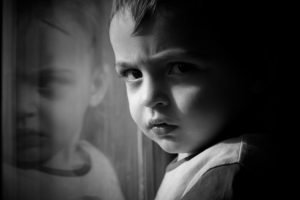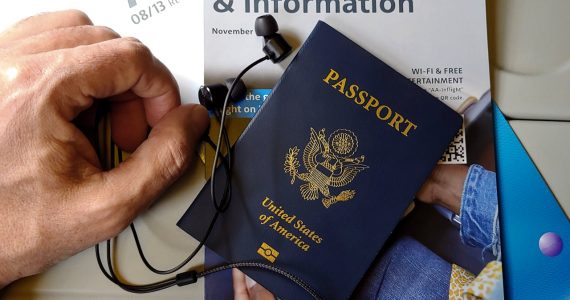Victims of child abuse can find the effects of the abuse devastating on them and may display a significant level of distress and a wide range of psychological symptoms in the short and long-term. They may feel ashamed, powerless and distrustful of people around them. The abuse can disrupt the development of the victim and increase the likelihood of them experiencing other assaults during the future.
The short term and long term effects of child abuse
Victims of child abuse can exhibit both effects of short-term and long-term behaviors. During the short term they will be displaying the following:
- Regressive behaviors like thumb sucking and bed wetting.
- Disturbances in sleeping.
- Problems with their appetite.
- Behavioral problems.
- Problems at school including the unwillingness to participate in social and school activities.
They could suffer from a wide range of issues in the long-term which could include the following:
- Anxiety attacks.
- Self-destructive behavior.
- Insomnia.
- Alcohol and substance abuse.
The long-term effects of child abuse on the victims

The long-term effects of child abuse can be even more difficult for the victim who could suffer from trauma on the shaping of their gender identity. It would be inappropriate to the way they have developed along with being dysfunctional. They may begin to feel betrayed and show an inability to trust adults because someone they had trusted before had failed to protect them but rather caused them great harm by the abuse.
The victims will feel as though they have no power because the abuser had repeatedly violated the body by acting against their will through coercion or manipulation. The abuser would have caused the victim of child abuse to feel stigmatized and responsible for the molestation. They may develop the feeling of being ashamed, bad or deviant. Child abuse victims also have higher chances of being victimized by way of assaults than other victims during their later life. Some child abuse victims may not display any of the symbols spoken but could still have the feelings at the back of their minds.
The results of research
Studies conducted in 1986 revealed that nearly 63% women who had suffered child abuse by a family member also reported a rape or an attempt to rape beyond the age of 14. Studies have been conducted in 2000, 2002 and 2005 and have all provided similar results.
Children who had suffered from the experience of rape or attempted rape in their years of adolescence were more likely to experience something similar in their first year at college.
Children with a prior history of victimization faced chances of being victimized again and the number of children who experienced rape or attempted rape during the years in college is as high as 13.7%.

Children who have been subjected to prolonged abuse often develop low self-esteem and an abnormal view of social relations. They could become withdrawn and lose trust in adults while also developing the problem of becoming suicidal.
The symptoms of child abuse have been mentioned in this article along with research conducted from 1986. It is certain that the victims will have to go through a lifetime of agony because a trusted member of the family had abused their body during their childhood. They may receive treatment from therapists and self-help groups but getting over the actual trauma will be a different matter altogether and therefore victims of child abuse deserve all the sympathy which can be offered to them.




